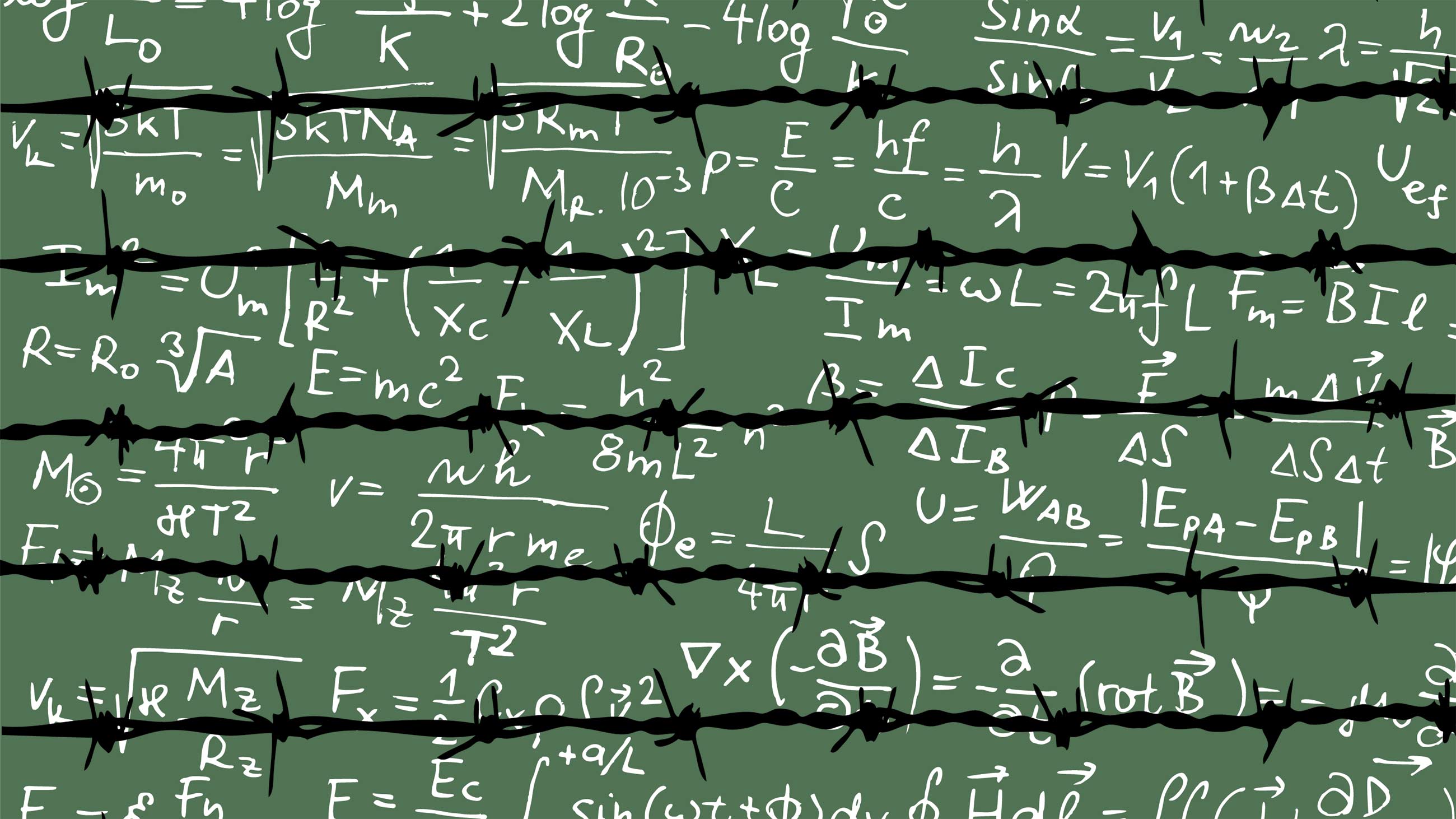Germany Faces Severe Drought, Environment Minister Warns of Forest Fire Risks and Poor Harvests

On Wednesday, Germany's Environment Minister Steffi Lemke issued a stark warning concerning the ongoing drought that has gripped the nation, indicating a heightened risk of forest fires and significantly reduced agricultural yields. The alarming conditions stem from a considerable lack of rainfall that has persisted over recent weeks, raising concerns among farmers, environmentalists, and local communities alike.
According to data released by the German Weather Service (DWD), from February 1 to April 13, the country experienced an unprecedented average rainfall of merely 40 liters per square meter. This figure marks the lowest recorded levels since the DWD began monitoring rainfall in 1931. Minister Lemke described the situation as "worrying," emphasizing that "it is much too dry in many parts of Germany this year."
The statistics reveal a stark contrast when contextualized against historical data. The present record low represents about 68 percent of the normal rainfall, which averages around 88 liters for the same period based on records spanning from 1991 to 2020. Previously, the driest period recorded was in 1976, when rainfall was measured at 55 liters per square meter, highlighting how significantly the current conditions deviate from historical norms.
Regional assessments further elucidate the severity of the drought. Northwest Germany has experienced approximately 35 percent less rain than usual, while certain southeastern areas have faced even more drastic deficits, with rainfall reductions ranging from 50 to 80 percent. Similar drought conditions are being observed in many northern European countries, including Belgium, the Netherlands, Luxembourg, and regions surrounding the Baltic Sea.
This situation sharply contrasts with the weather in southern Europe, where nations such as Spain and Portugal have received rainfall amounts up to twice the average. This dichotomy in weather patterns illustrates the complex impacts of climate change, affecting agricultural outputs and natural ecosystems across the continent.
Minister Lemke pointed out the broader implications of the drought, stating, Agriculture and forestry, but also all of us, are clearly feeling the consequences of the climate crisis. She warned that the persistent dryness not only heightens the risk of forest fires but also jeopardizes crop yields, threatening the livelihoods of farmers and the food supply chain.
Particularly alarming is the diminishing water level of the Rhine River, which has far-reaching repercussions for both the environment and economic activities reliant on this vital waterway. In southern Germany, disturbing imagery has emerged, with photographs showing extensive sandy areas along the shores of Lake Constance, typically vibrant and full of water.
Local farmers have also voiced their concerns. In Lower Saxony, the regional farmers' association noted that asparagus growers are facing significant challenges due to the dry conditions, which could severely impact their harvests.
Fortunately, a glimmer of hope may lie ahead, as the DWD has forecasted significant rainfall for next week, which could potentially mitigate the drought conditions in various regions of Germany. However, the long-term impacts of this year's dry spell remain to be seen, and the country must prepare for the ongoing challenges posed by climate change.


























